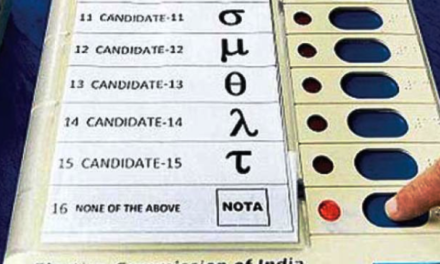Repeated Division-by-2 Method
An easy method of converting decimal to binary number equivalents is to write down the decimal number and to continually divide-by-2 (two) to give a result and a remainder of either a “1” or a “0” until the final result equals zero.
For example. Convert the decimal number 254 into its binary number equivalent.
Dividing each decimal number by 2 as will give a result plus a remainder. If the decimal number being divided is “even” then the remainder will be equal to “0”. If the decimal number is odd then the result will not divide completely and the remainder will be “1”. The binary result is achieved by placing all the remainders in order with the least significant bit (LSB) being at the top and the most significant bit (MSB) being at the bottom.
| Number | 254 | ||
| Divided by 2 | |||
| Result | 127 | Remainder | 0 (LSB) |
| Divided by 2 | |||
| Result | 63 | Remainder | 1 |
| Divided by 2 | |||
| Result | 31 | Remainder | 1 |
| Divided by 2 | |||
| Result | 15 | Remainder | 1 |
| Divided by 2 | |||
| Result | 7 | Remainder | 1 |
| Divided by 2 | |||
| Result | 3 | Remainder | 1 |
| Divided by 2 | |||
| Result | 1 | Remainder | 1 |
| Divided by 2 | |||
| Result | 0 | Remainder | 1 (MSB) |
So the Binary number is : 11111110
Also Read :
How to Convert Binary Number into Decimal Number
Hexadecimal numbers and their conversions
Credit: Delhi Parents Association


